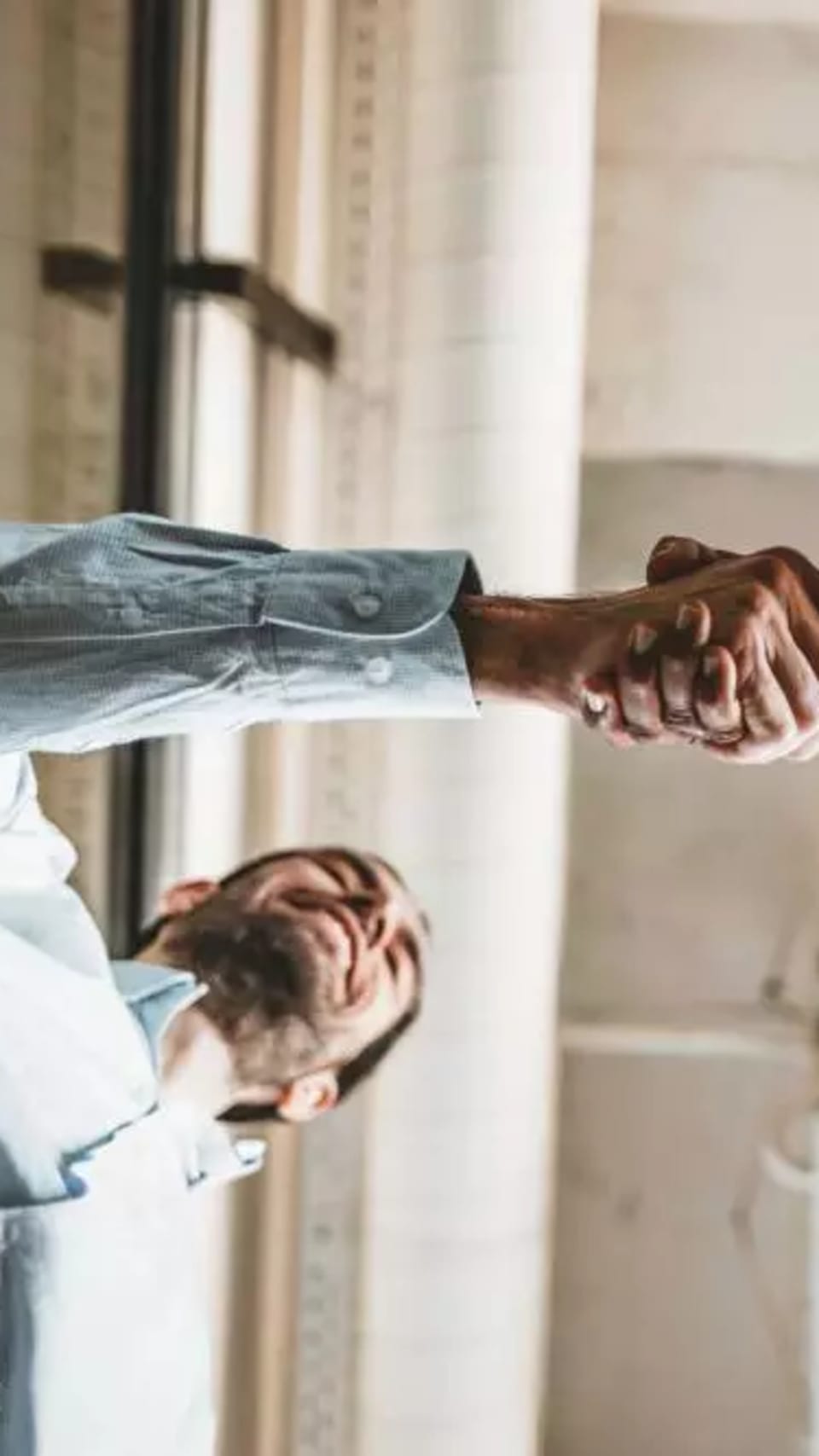
Innovating to purchase for a purpose
As the event’s organiser, Paris 2024 entrusts its suppliers and partners with many of the goods and services it needs to hold the Games. To that end, we have set up a responsible purchasing strategy and are aiming high. While following the rules that apply to all public procurement, we are blazing new trails by raising the standards in calls for tenders and the criteria to award contracts, which may endure and even gain traction long after the Paris 2024 Games.
Paris 2024 will purchase roughly €2.5 billion worth of goods and services. Or €5 billion including the contracts that Solideo, public contracting authorities and private customers will award in preparation for the Games. This procurement process will be secure from a legal standpoint, make for smooth, seamless operations, make business sense, and will include high environmental and social standards.
We are working day after day to hone an all-encompassing and virtuous process that includes disseminating information, producing educational tools so that everyone can bid on the opportunities, prompting suppliers to embed sustainable practices in their processes, inventorying the possibilities, and anticipating the future.
Sourcing to explore markets
The economic stakes surrounding the Olympic and Paralympic Games, and the legacy that Paris 2024 hopes to leave behind, are two reasons why we are committed to reaching as much of the market as possible. We are canvassing potential suppliers—including very small, small and medium-sized businesses, and social enterprises—with an eye on two main goals: delivering tangible results and doing so with a cross-cutting approach. We have sourced over 10,000 companies in the past two years, providing a valuable pool of potential suppliers for the years to come.
The Paris 2024 Games are an extraordinary opportunity to boost the social and solidarity economy, which stands by the same values – humanism and helping one another – as the sports world.
Paris 2024 has a stringent set of specs for the furniture at its new head office. It was the first to include the price to buy back the furniture after the Games in its call for bids. Paris 2024 is nudging us to look at things from a new perspective: the cost of using something instead of the cost of owning it. And it is encouraging us—distributors and manufacturers—to bring them an option to reuse products later on with organisations working in the circular economy.
Calls for tenders open to all
We would like people with talents from across the spectrum and all kinds of organisations to take part in our calls for tenders. The ESS2024.org platform, set up with Les Canaux, and Entreprises2024.fr, produced with the Medef (the largest employer federation in France), provide us with channels to inform small and medium-sized businesses and social enterprises, and help them tap into opportunities with us. We are using several levers so everyone can bid on our contracts:
- Publishing our procurement map so suppliers can plan ahead for calls for tenders
- Allotments and the possibility of entering into joint ventures or subcontracting agreements so that small and medium-sized businesses can also work on more substantial contracts
- Setting aside contracts for the sheltered sector and organisations helping people back into jobs, including people with disabilities and the long-term unemployed
Responsible criteria to award our contracts
By placing an emphasis on five commitments relating to environmental and social innovation in our contracts, we are encouraging the players with the most virtuous track records in the areas we are most interested in, namely reducing carbon impacts, spurring the circular economy, working with social enterprises, integrating the long-term unemployed and people with disabilities, and creating value in local areas by encouraging small and large businesses to join forces in consortiums.
By awarding contracts to suppliers that are working on these initiatives, we will put the spotlight on the ones that are creating value beyond the goods or services they make—be it through their design, production, use, or subsequent reuse.
The circular economy
A Games organising committee’s job, in a sense, is to write a story. In this case, we already know exactly when the story ends. Every organising committee knows that it will be disbanded under its own terms. To plan for that, especially when it looks at its purchases, Paris 2024 invariably considers what will happen to them once it has delivered the Games: will they be returned, resold, donated, transferred or transformed, for instance? Paris 2024 is intent on eco-design and products’ second lives because they overlap with the circular economy, and will be part of its legacy for the people in the Games’ host geographies and future organising committees. This approach is starting to materialise in the Pulse building, Paris 2024’s beating heart. As soon as we moved in, our service providers already had plans to give the furniture and equipment a second life, and most of it had also been eco-designed.














